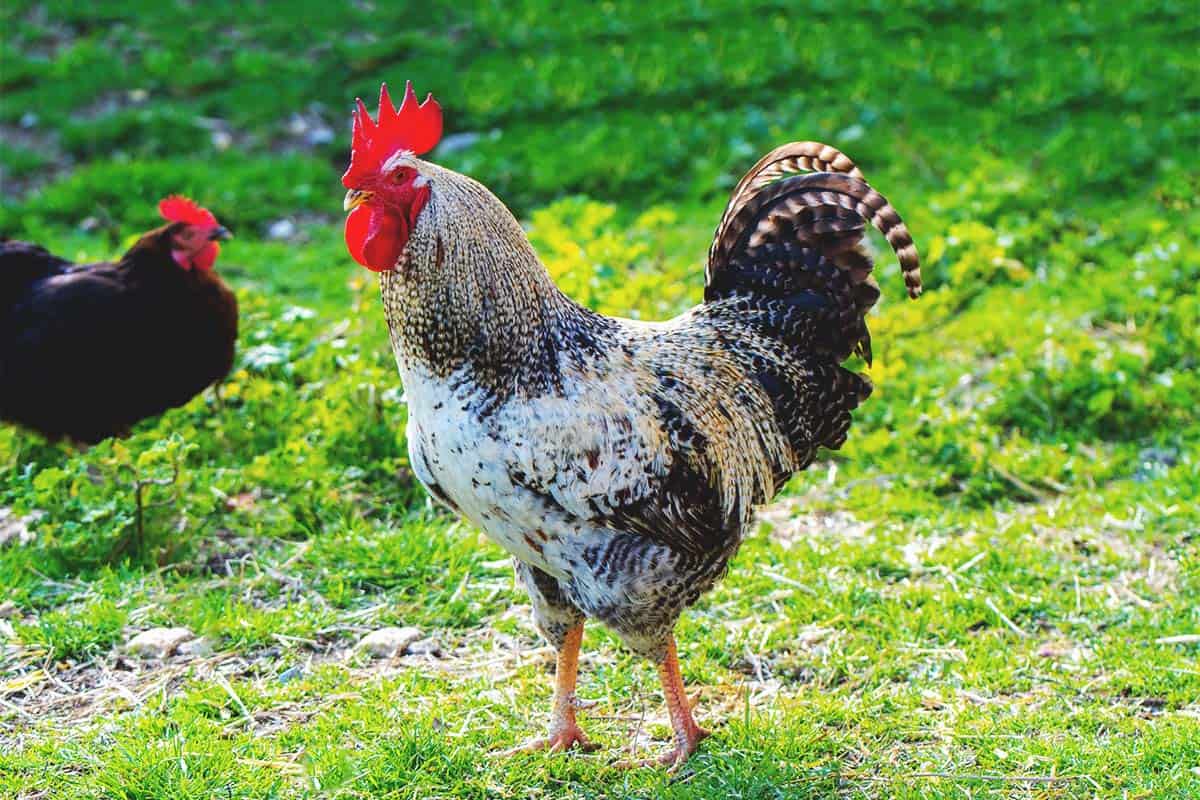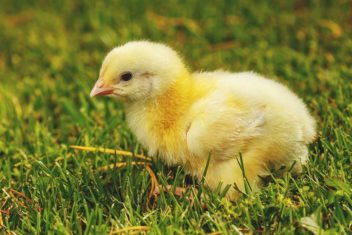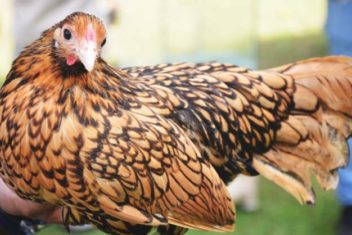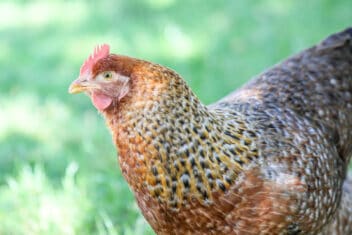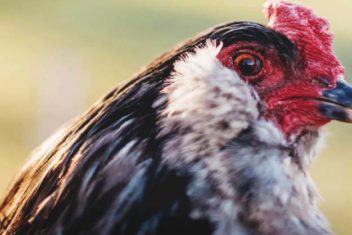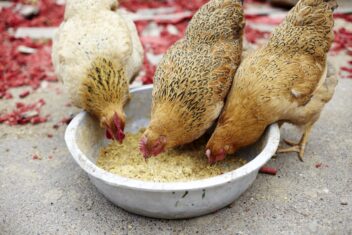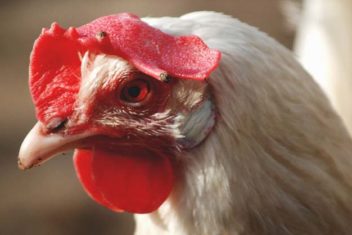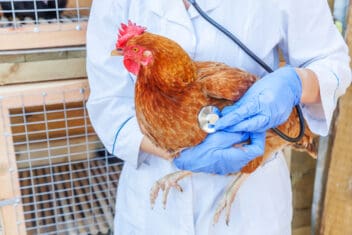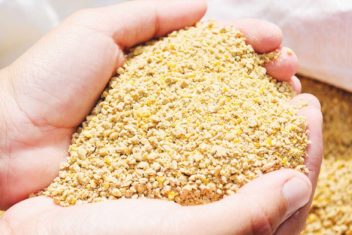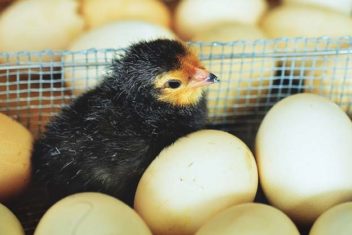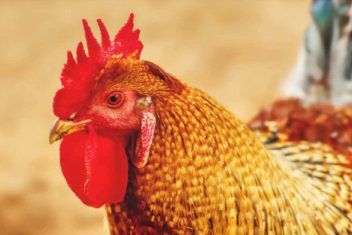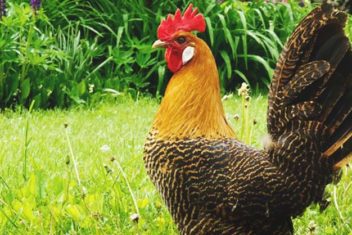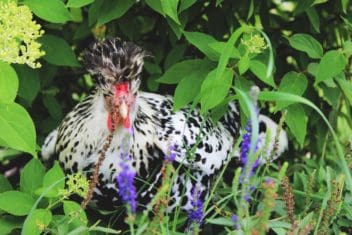If you’ve spent any time around sexually mature roosters, you might have noticed that some roosters are not gentle with their hens. I’ve sometimes had the sweetest and gentle roosters in my flock. On the other hand, I’ve had my fair share of rude and aggressive roosters. Generally, the only roosters that stick around my place are the calm and gentle roosters.
However, sometimes you might just be dealing with a teenager entering adulthood who hasn’t quite settled into his roosterly duties. Other times, expensive breeding roosters will be difficult to replace and you can’t just off with their heads. In these cases, you may have to look at alternative methods of dealing with such overeager roosters.
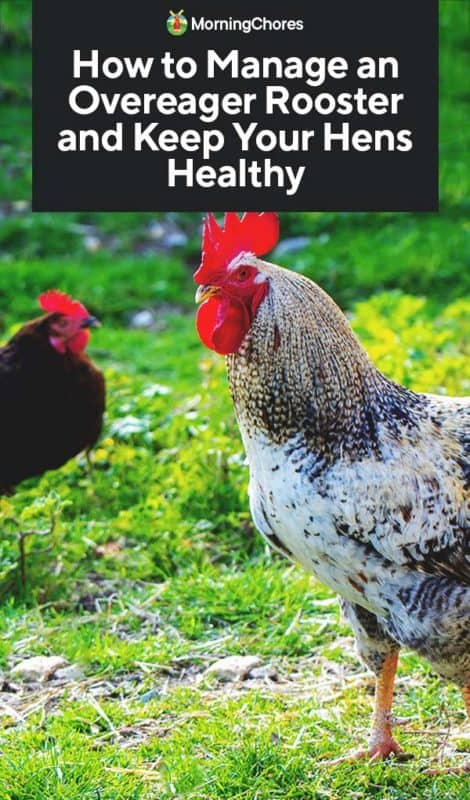
The Effect Overeager Roosters Have on Hens
With a good rooster in your flock, hens are usually fine with the occasional mating from the flock leader. However, when there are multiple roosters competing for dominance or one possessive rooster, it can take a toll on the hens.
While mating, a rooster will grab the back of a hen’s head or her comb with his beak and tread her back. When this is done repeatedly and aggressively, hens will begin to lose feathers and can even get wounds on their heads and backs. Because of this, it’s important to make sure that your hens are well cared for so they don’t get injured.
Caring for the Rooster’s Hens
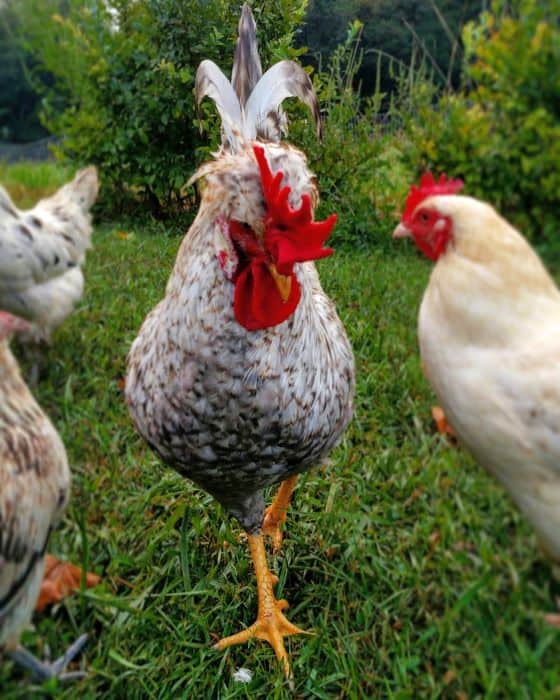
1. Overloved Hens
If you end up with a hen that’s received a little too much attention from a rooster, you may need to temporarily or permanently remove her from the flock. Some hens are naturally more submissive than others and don’t do well with an overeager rooster. If you’re finding that one hen is repeatedly getting too much love, it may be worth considering moving her to a rooster free flock.
2. Hen Saddles
One handy invention that can help protect the rooster’s favorite hens are saddles. You can sew your own saddles or purchase them online. A saddle is not the most economical choice if you have multiple hens that need protection, but keeping one on hand for the occasional overworked hen can be a lifesaver.
Managing Your Overeager Roosters
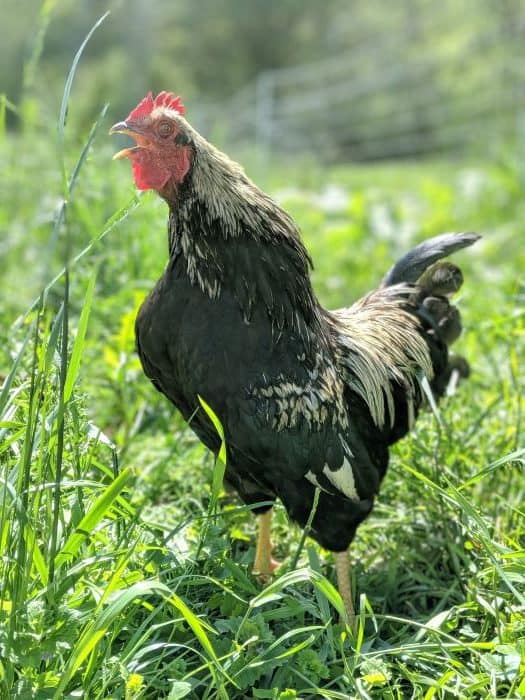
Knowing how to handle a flock with roosters can take some experience along with trial and error. No matter if you have one rooster or five, you can bet that your flock won’t get bored with your guys around.
1. Rooster Competition
Roosters tend to assert dominance over other roosters in a flock by frequently mating with hens. Unfortunately for the hens, roosters will also gang up on a single hen to take turns mating with her.
If you have two or more roosters competing for the upper hand, removing one or more can help calm the flock down. Adding distractions to the run can also help avert some of the attention of hens to give them a bit of a break.
2. Hen to Rooster Ratio
Maintaining a proper hen to rooster ratio is very important to ensure that there aren’t too few hens for each rooster. A minimum of ten hens for every rooster is ideal for breeding programs where maximum fertility is necessary. If you aren’t trying to breed your chickens, you can always provide more hens for each rooster to help dilute the male action among the ladies.
3. Spur Removal
In the case of an overeager rooster who is a little too affectionate on his hens, the spurs can injure her back from excessive treading. Although spur removal doesn’t solve the problem of an overeager rooster altogether, it can help relieve the hens.
Spurs can be removed in a number of ways, including using a hot potato or removing the outer sheath from the spur. You’ll need to be sure to read up on how to safely remove spurs from a rooster without causing unnecessary pain.
4. Culling or Rehoming
As a last option, you may need to consider removal from the flock. There are too many good roosters out there to waste your time on a repeat offender.
Of course, all roosters will mate with hens and some of them might be rougher than others. However, if you’ve exhausted all other options and your hens are still getting the short end of the stick, you may need to decide if the rooster’s worth keeping around.
Breeds to Keep for Docile Roosters
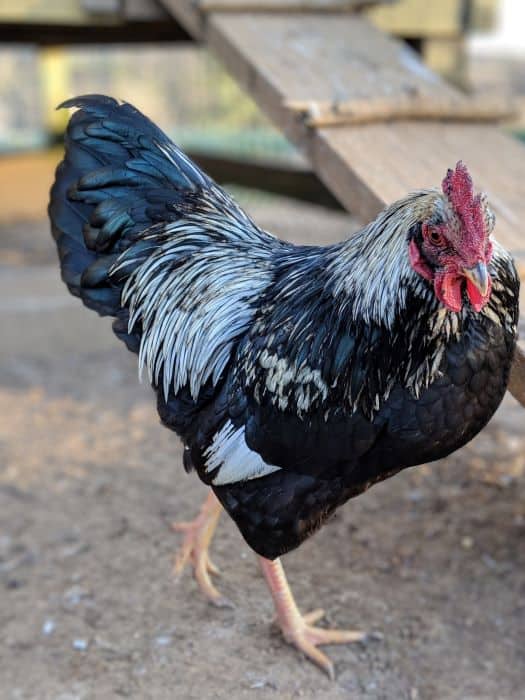
If you want to do your best to make sure you get a good rooster, selecting breeds known for being sweet and gentle will help.
1. Australorp
My favorite rooster ever was an Australorp and he was the sweetest boy on the face of the earth. On top of their gentle dispositions and caring nature, Australorp hens are outstanding layers.
Many seasoned chicken keepers will recommend Austalorps to newer chicken keepers due to their docile personalities.
2. Speckled Sussex
Speckled Sussex hens and roosters alike are peaceful creatures that will usually be some of the most gentle chickens in the coop.
You’ll often find Speckled Sussex roosters happily showing their hens the latest morsels of food in the chicken run.
3. Brahma
Don’t be intimidated by their size; Brahma roosters are some of the most gentle giants you’ll ever meet. Brahmas, in general, are docile and caring chickens as both hens and roosters.
Brahma hens will make nurturing mothers and roosters will nurture the hens and their chicks.
Keeping an Overeager Rooster
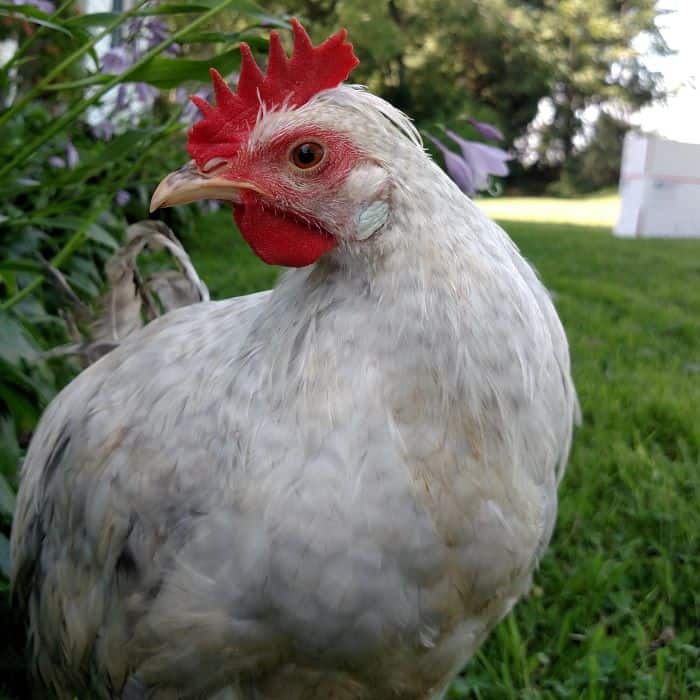
Adding roosters to your flock will change everything up and can make things unsettled in your flock. Luckily, managing a flock with roosters isn’t too difficult once you know how to do it and avoid as many problems as possible.
Despite the challenges that can sometimes accompany roosters, they are always worth the charm they bring to your homestead.
